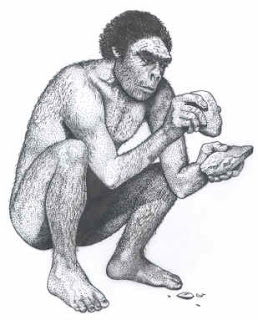
You want to teach a lesson but have no idea how to go about it. If it were not for the development of the lesson plan, most teachers would have trouble teaching the students efficiently and in an organized manner. A lesson plan is an all-inclusive, instructional set of procedures that highlight and explain a specific lesson that is to be taught. Lesson plans can be very specific on what is expected or they can be a little generalizing but concise.
Over the years, scholars and other educators have studied the psychology of students, teachers and anyone in between and have developed learning theories that have been applied lesson plans. Behaviorism, which is one of the oldest theories regarding learning, is based on visible responses by a person. Repetition and other forms of conditioning are the central part of the behaviorist theory. A behaviorist lesson plan would consist of repeated exercises such as connecting personal experiences to what is being taught. In this manner the student will, through conditioning, be able to remember the lesson as it reminds him/her of something personal.
Another theory of learning that is used in lesson plans is the cognitivist theory.
Cognitivist lesson plans take advantage of tricks that the brain utilizes to teach the specific lesson. Combining ideas into one and making some generalizations will allow the student to remember the lesson more effectively.
The constructivist theory is another theory used to construct effective lesson plans. This theory is similar to the behaviorist theory however it assumes the fact that everyone has their own perception of reality. Associations with culture and traditions are used in this theory to effectively reach the student’s mind in a personal and lasting way. These types of lesson plans will include self comparisons with specific points of the lesson.
As the world of knowledge continues to evolve, the amount of knowledge being taught increases. Effective uses of lesson plans can minimize the lack of material that is taught by organizing a general idea into a specific procedure. Eventually more theories will come along and it is up to the teacher to chose which psychological learning theory works best as long as the lesson is taught effectively.


